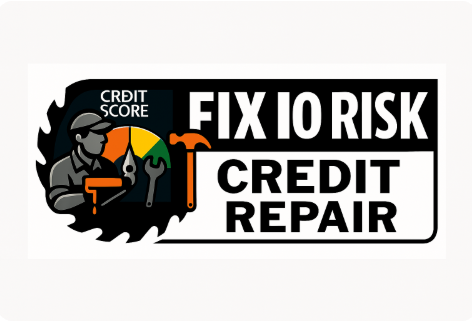A Brief Guide to The Fair Credit Reporting Act
The Fair Credit Reporting Act, more commonly referred to as the FCRA, is the federal statute that was enacted to protect consumer rights in the credit reporting industry. This law is a consumer minded statute that ensures accuracy and fairness in reporting and dissemination of your financial information. The FCRA specifically outlines consumer rights but also sets guidelines for creditors, lenders and consumer reporting agencies.
24 March, 2018

















